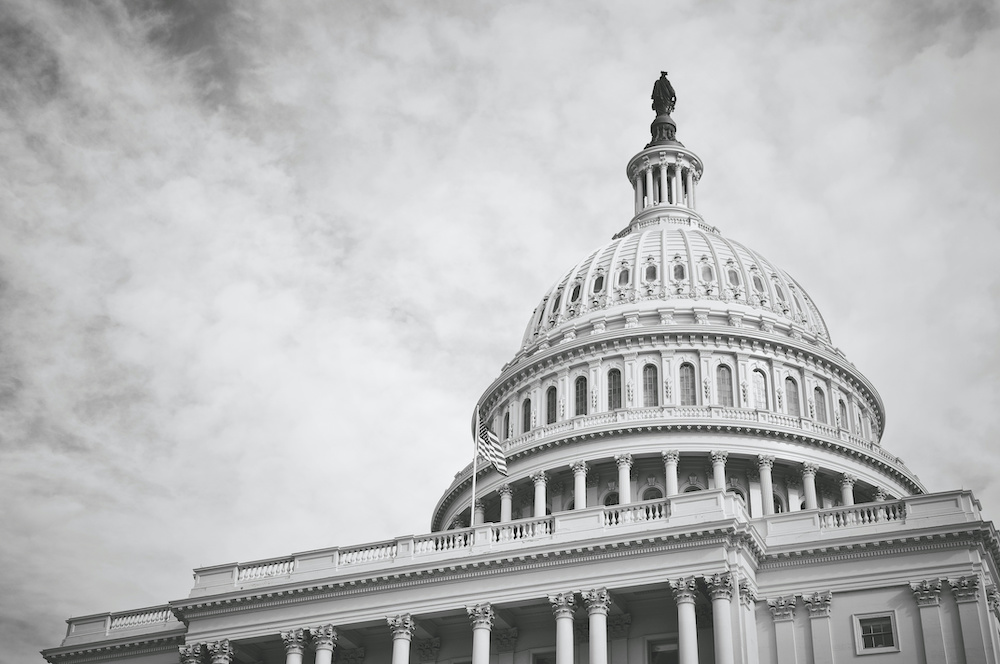
- Details
- By Native News Online Staff
The bill—named the “Honoring Promises to Native Nations Act”— addresses “chronic underfunding” and barriers to sovereignty faced by Indian Country due to the federal government’s failures.
In December 2018, the U.S. Commission on Civil Rights released a report titled Broken Promises: Continuing Federal Funding Shortfall for Native Americans. The Commission found the government’s failures to include: improper funding of federal programs designed to support the social and economic well-being of Native Americans, la ack of accurate, consistent, and comprehensive records of federal spending on Native American programs, and a lack of full recognition of the sovereign status of tribal governments by state and federal governments.
Kilmer and Warren’s legislation implements the recommendations of that report.
In 2019, in response to the release of the Broken Promises report, then-Congresswoman Deb Haaland (D-N.M.) and Senator Warren released a legislative proposal for this bill to further the process of receiving feedback and input from tribal stakeholders. Senator Warren and Representative Kilmer, who succeeded Congresswoman Haaland as the bill’s House lead, have continued to receive feedback to inform the development of the legislation.
“For generations, the U.S. government has clearly failed to fulfill its commitments to Tribal Nations,” said Sen. Warren in a statement. “This bill is sweeping in ambition to make good on those commitments and empower Native communities, and it provides a much-needed legislative blueprint to deliver significant, long-term funding for the advancement of Native Americans. I won’t stop fighting to ensure the U.S. government honors its promises.”
Want more Native News? Get the free daily newsletter today.
The U.S. Commission on Civil Rights Commissioner Karen Narasaki, who was the lead on the Broken Promises report, said in a statement that the Commission recommends the federal government provide ‘steady, equitable, and non-discretionary funding’ to tribal nations.
“Non Discretionary funding is essential to long-term planning for tribal governments and respects tribal sovereignty,” she said. “It protects essential programs from the partisan gamesmanship that all too often has resulted in appropriations stalemates and left Native Americans as a whole with a dramatically lower quality of life across every dimension the Commission evaluated as compared with non-Native Americans. The Honoring Promises legislation would ensure that the United States will finally live up to its trust and treaty obligations.”
More Stories Like This
50 Years of Self-Determination: How a Landmark Act Empowered Tribal Sovereignty and Transformed Federal-Tribal RelationsNavajo Nation Council Members Attend 2025 Diné Action Plan Winter Gathering
Ute Tribe Files Federal Lawsuit Challenging Colorado Parks legislation
NCAI Resolution Condemns “Alligator Alcatraz”
NABS Documents 134 More Survivor Stories, Expands Digital Archive in 2025
Help us defend tribal sovereignty.
At Native News Online, our mission is rooted in telling the stories that strengthen sovereignty and uplift Indigenous voices — not just at year’s end, but every single day.
Because of your generosity last year, we were able to keep our reporters on the ground in tribal communities, at national gatherings and in the halls of Congress — covering the issues that matter most to Indian Country: sovereignty, culture, education, health and economic opportunity.
That support sustained us through a tough year in 2025. Now, as we look to the year ahead, we need your help right now to ensure warrior journalism remains strong — reporting that defends tribal sovereignty, amplifies Native truth, and holds power accountable.
 The stakes couldn't be higher. Your support keeps Native voices heard, Native stories told and Native sovereignty defended.
The stakes couldn't be higher. Your support keeps Native voices heard, Native stories told and Native sovereignty defended.
Stand with Warrior Journalism today.
Levi Rickert (Potawatomi), Editor & Publisher

